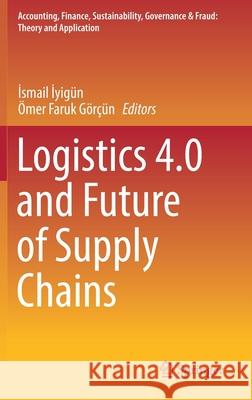Logistics 4.0 and Future of Supply Chains » książka
topmenu
Logistics 4.0 and Future of Supply Chains
ISBN-13: 9789811656439 / Angielski / Twarda / 2021 / 210 str.
Logistics 4.0 and Future of Supply Chains
ISBN-13: 9789811656439 / Angielski / Twarda / 2021 / 210 str.
cena 644,07
(netto: 613,40 VAT: 5%)
Najniższa cena z 30 dni: 616,85
(netto: 613,40 VAT: 5%)
Najniższa cena z 30 dni: 616,85
Termin realizacji zamówienia:
ok. 22 dni roboczych.
ok. 22 dni roboczych.
Darmowa dostawa!
Kategorie:
Kategorie BISAC:
Wydawca:
Springer
Seria wydawnicza:
Język:
Angielski
ISBN-13:
9789811656439
Rok wydania:
2021
Wydanie:
2022
Numer serii:
000801364
Ilość stron:
210
Waga:
0.59 kg
Wymiary:
23.39 x 15.6 x 1.75
Oprawa:
Twarda
Wolumenów:
01
Dodatkowe informacje:
Wydanie ilustrowane











